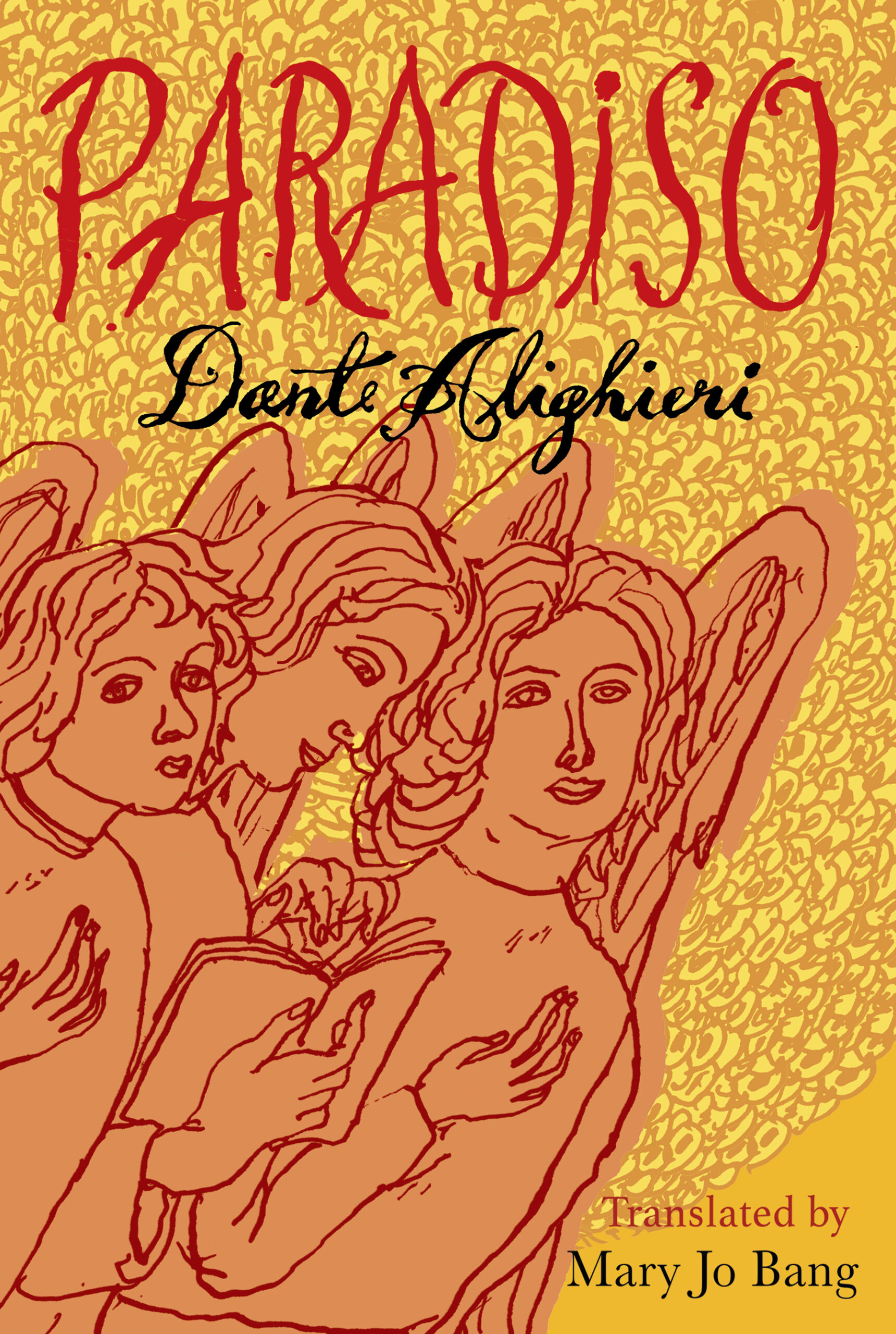Translated by ROBIN MOGER
From early morning, Arrayga had been smoking ravenously, cigarette after cigarette, staring blankly at the bedroom ceiling. When she opened the third packet, Kultouma came over and, eyes welling with tears, anxiously inquired: “Arrayga, calm down. What is it, sister? You’re going like a train: puff puff puff. Speak to me, Arrayga. What’s upset you?”
Arrayga’s response was to take a fresh cigarette. She started to suck on it with undimmed ferocity, grinding it between her fingers until it almost broke apart, all the while staring up at the ceiling. Kultouma was at a loss. She’d already fumigated her friend with taiman incense. Had taken her to Hajj Abkar, who’d written her a talisman against malign spells. Then the day before yesterday, she’d escorted her to a zaar nearby. None of it had done anything to extract Arrayga from her awful silence.
A whole week like this.
Arrayga pulled another cigarette to her lips. Another Thursday: just smoking and smoking. Kultouma ran to Elgash, who was sitting with a friend in her room, chopping offal.
The world had brought the three together. For years now, they had lived like sisters. Had done the rounds of towns and cities together.
Elgash had left her village after Abdel Qadir, the libidinous mechanic, had given her a bastard child. Arrayga, beautiful and fair, they’d married off to the decrepit schoolteacher; she’d been his student at the village’s one mixed school. She ran away and, with what little education she’d received, became the brains of the group. Kultouma had been a housewife. Her husband got a job in the city as a night guard, leaving her alone with her young son. She had a rural beauty—eyes like a newborn calf—and men set out to make her. They seduced her and ruined her, and she had to leave her marital home.
They’d spent two years in this town and were famous for many things: for their beauty, their wit, their hygiene, and their warm welcome.
The office workers who frequented their house—exclusively a destination for the town’s better-off and more distinguished gentlemen—referred to it as The Three-Star Hotel.
The women gathered round Arrayga. Her eyes were red and her face dark and suffused with all the cigarettes she’d smoked. She hadn’t had a bite to eat for several days. Clearly, her thoughts were occupied with a matter of great importance. She refused to see any of the regular customers, not even her latest friend, the handsome clerk with whom she hoped to make a home one day and live without sin.
The day before, she’d looked right through him.
The first signs of aging showed on her face, but despite this, despite the black circles round her big wide eyes, her beauty was still fire.
Waving her friends away, Arrayga got quietly to her feet, her whole elegant, full figure unfurled, and went into her room, where she quickly changed her clothes. She said, “I’ll be back soon. I’m going to see Omar the tailor.”
Kultouma watched her with two frightened eyes. She sounded upset, anxious: “But the market’s mobbed, ya Arrayga, and you’re in no state…”
“There’s nothing wrong with me. I’m fine. I need to stretch my legs a bit.”
“All right,” Kultouma snapped back, “but I’m coming with you.”
Together they headed out to the modest marketplace. A market fit for a minor provincial town, it had been established by entrepreneurial merchants in the early twentieth century as a center for trade in grain and cattle. With the spread of cotton cultivation in the fifties, the town grew: a bustling center linking the south with the north and west. Men grew suddenly wealthy, raking in huge sums in a matter of years, and their stores were known to all, strung out in a curve like a horse’s back, petering out into a row of cafés and restaurants from which the smell of fried tilapia drifted out to the far edge of town.
When they got to the center of the market, Arrayga paused and took several deep breaths. Kultouma assumed she was filling her lungs with the fragrance of fried fish. And because she believed in the spirits summoned by the zaar, that these Lords of Zaar must have possessed her friend and needed feeding, she urged her to eat: “Our friends must be hungry, no? What do you think, Arrayga?”
But to her astonishment, Arrayga suddenly removed her robe. Kultouma gaped.
“Arrayga! What the…? Dear God! Arrayga, what are you doing?”
She tried to stop her, but Arrayga shoved her away, and Kultouma fell. And when Arrayga began to take off the clothes beneath her robe, piece by piece, Kultouma ran for it, fleeing the market and wailing with fear.
Arrayga stood in the middle of the marketplace, as naked as the day she’d been born. The sunlight gleamed off her pale skin. She tore a broad strip from her discarded robe and tied it round her waist like a dancer’s sash. On her breasts, beads of sweat began to form.
Despite the hard years, her body still held its strength, its power to mesmerize, and those who’d heard of her before, who’d longed for her in dreams and fantasies, stood there speechless.
Arrayga then bent to the ground, filled her hands with its dust, and heaped it over her head. She let out a long and powerful ululation which echoed down the line of shopfronts. Holding herself straight and stepping proudly—prancing, as the old women say—she headed for the store owned by Al Kheir, the famous wholesale merchant. She addressed him, speaking loudly in her country accent: “Al Kheir, my brother, how are you? What’s wrong? Why so long since we’ve seen you? Didn’t you say we rubbed better than your wife ever could? Ah. What was it you said again, Al Kheir, my brother?”
Al Kheir tried to ignore her, but when she took a step toward him, arms spread wide as though for an embrace, he abandoned his position behind the broad table at the entrance to his store and made a dash for his car. He started the motor and took off.
On she went, followed by a gaggle of children and loafers, to the stores run by Abdeen, trader in secondhand goods and off-the-rack women’s clothing.
“Abdeen, how goes it? Didn’t you forget your watch at our place? Why so long since you’ve been round? Look, I’ve got your watch on now!”
She held her wrist out toward him and unclasped the buckle. Arms wide again, she advanced on him. He ran into a store and locked it behind him.
Her fervor peaking, she untied the strip of robe around her waist.
From store to store she walked, gaggle in tow. Some women turned their faces away in embarrassment. She was trilling and ululating without cease, and the sound of it was echoing and echoing down the line of verandas as she continued her tour. Many of the traders shut up shop and fled the market altogether. When he heard about what was going on, pious Amm Abou Zeid, the baker, sprinted away so fast his turban toppled off his head, despite the fact that the bread market was some distance from where Arrayga stood.
The sun’s disc was doggedly ascending, pulsing in the heart of the sky from where, on high, it gazed down at the events of this astonishing day.
The Postal and Telegram Office, the local branch of the Investment Bank, the Agricultural Bureau, the Municipality: all were situated close by the market, and when their employees caught wind of Arrayga’s raid they left their desks en masse. Not one of them thought to ask who the woman was: the news that “a woman’s gone mad” was enough. Up there on the dunes, where the security services had their buildings, where the courts and the prison stood, men abandoned their desks and fled outside. Mohammed the money changer, a father of five, left the safe open and hurried home, claiming he felt unwell. An official at the municipal headquarters went down with diarrhea. The gossip spread like fire through straw: reports that Arrayga was fully dressed; reports that she was wearing nothing.
No more than half an hour had passed, but it was enough to leave the central market nearly deserted, even on such a fine morning. All that remained were the harbingers of an approaching autumn: clouds pregnant with rain were descending, fraying as they came. Beneath the first flights of black storks, the air was filled with the smell of rain.
One of the women from the market—a tall, powerfully built woman in her fifties—managed to recover her poise, then went over to one of the store owners who had faced down the assault. Arrayga’s ululation still drifted beneath his awning.
“Come on, now. Get up and cut me a few meters of cloth.”
Then she ran over to where Arrayga was standing and, pulling her by the hand, began to upbraid her loudly: “Stay right here, you shameless little freak. Right here, on all fours like the animal you are. I’ve never seen the like before.”
And indeed, Arrayga was exhausted. She surrendered to the powerful older woman, who wrapped her in a length of fabric and led her off to sit down at a café whose owner had fled by the back door. She drove off the crowd that had begun to gather around them and sent a boy to get a taxi.
Arrayga was weeping, moaning loudly, and the wooden chair would occasionally rock and creak. The dust she’d heaped over her hair was sticking to her braids. She buried her face in her hands, and whenever she would raise them and place them on her head, her eyes could be seen, reddened from smoking and sunlight and crying.
Two policemen were striding toward her, one of them feeling for his revolver. An involuntary gesture.
With great difficulty, Arrayga was trying to say something, the words woven through the moans and tears and sniffles. “I’m not mad. Swear to God, I’m not mad. I’d swear it before Saint Hassan. But you don’t know anything. Mother, you don’t know a thing about it. But before God, I’m not mad.”
And she wept again.
Mustafa Mubarak studied Russian and Russian literature in the Soviet Union before obtaining his doctorate in Romania in 1980. He has published a number of short story collections, including Umm Hamad the Farsighted and The Milksop Kids.
Robin Moger is a translator of Arabic prose and poetry based in Cape Town, South Africa.




